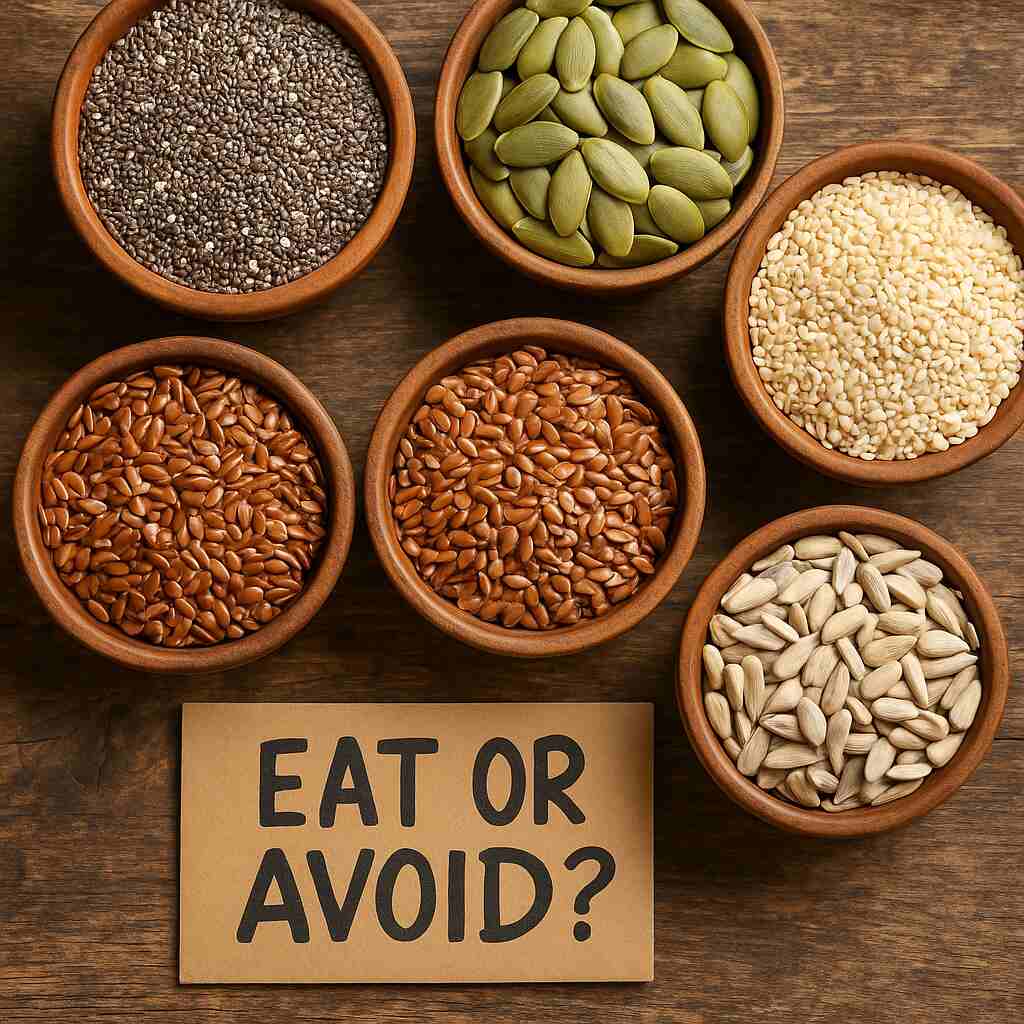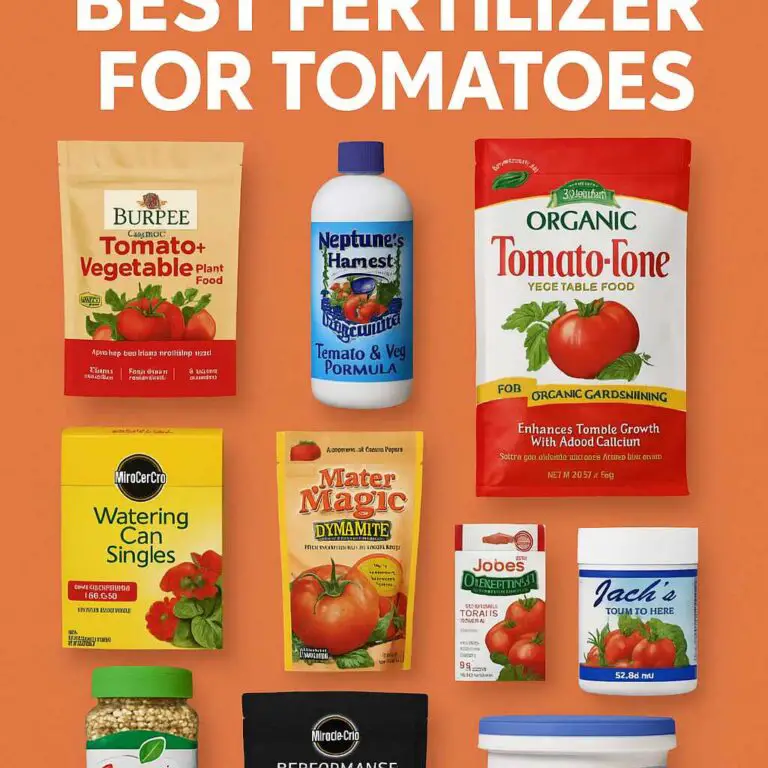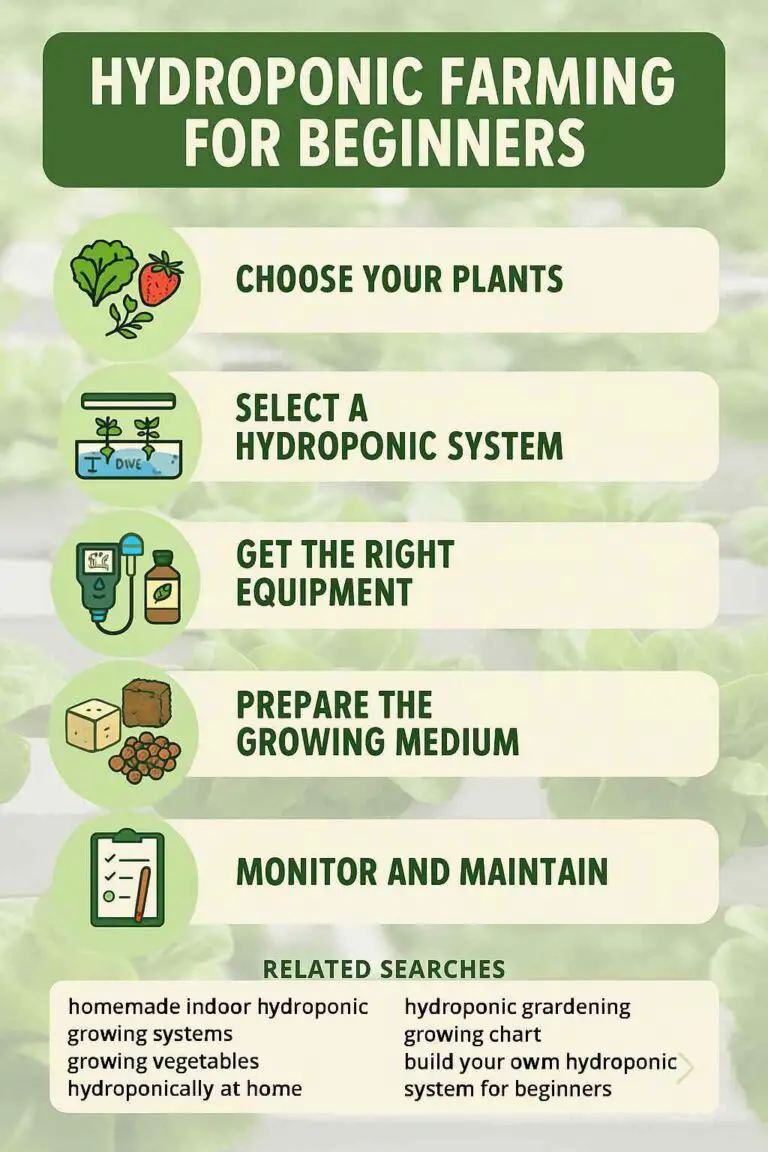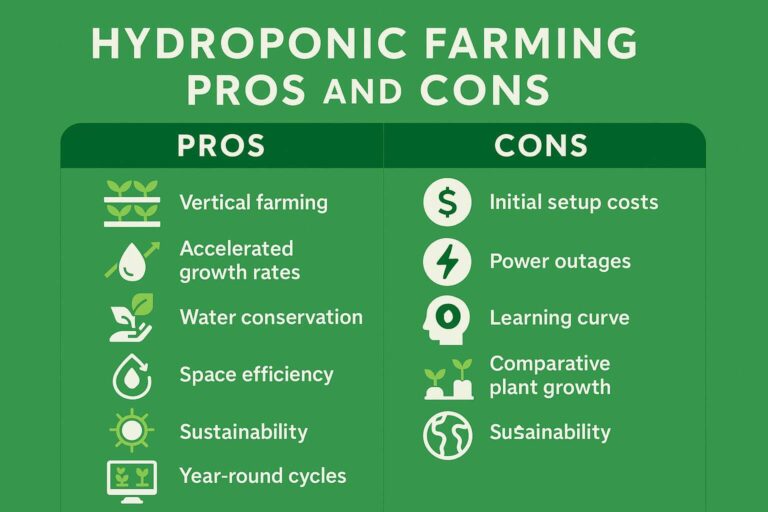Many people wonder, “Can you eat the seeds?” The short answer is: yes—for most seeds—but with exceptions. While many seeds offer powerful health benefits, others contain toxins and should be consumed with caution or avoided entirely.
In this article, you’ll learn:
Which seeds are safe and nutritious
Which seeds to avoid
Health benefits of edible seeds
How to incorporate seeds into your diet
Amazon product picks to help you shop smart
✅ Edible Seeds You Can Safely Eat (and Should!)
1. Chia Seeds
Rich in omega-3 fatty acids, fiber, and antioxidants
Support heart health, digestion, and hydration
Can be eaten raw, soaked, or in smoothies and pudding
🛒 Organic Chia Seeds – 2 lb Bag
2. Flaxseeds
Loaded with lignans and plant-based omega-3s
Best consumed ground for maximum absorption
Add to oatmeal, baked goods, or yogurt
3. Pumpkin Seeds (Pepitas)
Great source of zinc, magnesium, and healthy fats
Supports prostate health and immune function
Enjoy roasted, raw, or in trail mixes
4. Sunflower Seeds
High in vitamin E and selenium
Natural antioxidant support
Add to salads, granola, or snack straight from the bag
🛒 Roasted & Salted Sunflower Seeds – Resealable Bag
5. Sesame Seeds
Excellent source of calcium and iron
Supports bone health
Use in dressings, tahini, or sprinkle on vegetables
⚠️ Seeds You Should Avoid or Limit
❌ Apple Seeds
Contain amygdalin, which releases cyanide when digested.
Swallowing a few accidentally is harmless.
Eating large amounts is dangerous.
❌ Cherry, Peach & Apricot Pits
Contain cyanogenic compounds—toxic when crushed or chewed.
Keep away from kids and pets.
Do not consume the inner pit or kernel.
❌ Castor Beans
Contain ricin, one of the most toxic naturally occurring substances.
Never eat castor beans or their by-products unless processed professionally.
🍉 Common Questions: Can You Eat These Seeds?
| Seed Type | Safe to Eat? | Notes |
|---|---|---|
| Bell Pepper Seeds | Yes | Slightly bitter, harmless when cooked |
| Watermelon Seeds | Yes (in moderation) | Roasted is best; high in magnesium |
| Papaya Seeds | Yes (small amounts) | Slightly peppery, may support gut health |
| Pomegranate Seeds | Yes | Entire aril (seed + juice) is edible |
| Dragon Fruit Seeds | Yes | Similar to kiwi seeds, completely safe |
| Grape Seeds | Yes (in moderation) | Contain antioxidants, can be bitter |
| Pear Seeds | Technically edible, but best avoided | Contain trace cyanide compounds |
| Guava Seeds | Yes | Crunchy and safe to swallow |
| Mini Sweet Pepper | Yes | Just like larger bell peppers |
🧠 Health Benefits of Edible Seeds
✅ Rich in fiber – aids digestion and satiety
✅ Packed with plant-based omega-3s – supports heart and brain health
✅ Source of minerals like magnesium, zinc, selenium
✅ High in antioxidants – combat oxidative stress
Incorporating a mix of seeds into your diet supports long-term wellness, especially for heart, brain, and gut health.
🛒 Mixed Superseed Blend (Chia, Flax, Hemp)
🥄 How to Eat Seeds Safely
Grind hard seeds (like flax) for better digestion
Soak chia seeds before consuming to prevent choking
Roast pumpkin and sunflower seeds for better flavor and texture
Avoid seeds in excess—they’re healthy, but calorie-dense
🤔 Final Thoughts: So, Can You Eat the Seeds?
Yes, many seeds are edible and offer health benefits—but not all. Know the difference:
🌿 Chia, flax, pumpkin, and sunflower = highly nutritious
🧨 Apple, cherry, apricot pits = avoid due to potential toxicity
🍉 Watermelon, papaya, pomegranate = safe when eaten in moderation
A little seed knowledge goes a long way—for both safety and nutrition.
📦 Recommended Starter Seed Pack (Top Seller on Amazon):
🛒 Organic Superfood Seed Sampler – 6 Types
Includes chia, flax, pumpkin, hemp, sunflower, and sesame—perfect for smoothies, oatmeal, or baking.








